Yakuza Series Corrects 10 Misunderstandings about Japanese Culture

The Yakuza series, a popular video game franchise, has captivated audiences worldwide with its immersive narrative and engaging gameplay. What's more intriguing is how the series has come to correct many misconceptions about Japanese culture. In this blog post, we'll explore ten misunderstandings about Japanese culture that the Yakuza series has helped to rectify.
Introduction
What is the Yakuza Series?
The Yakuza series is a highly acclaimed video game franchise developed by Sega. It immerses players in the world of Japan's notorious crime syndicate, the Yakuza, providing a unique blend of action, adventure, and role-playing elements. The series has been praised for its detailed portrayal of Japanese cities, its complex storylines, and its exploration of various aspects of Japanese society and culture.
Brief Overview of Japanese Culture
Japanese culture is a rich tapestry woven from centuries of tradition, innovation, and adaptation. From the tranquil rituals of tea ceremonies to the pulsating energy of Tokyo streets, it spans a diverse spectrum of experiences. The culture is deeply rooted in values such as respect for hierarchy, harmony, and group solidarity. However, like any culture, it is often misinterpreted and stereotyped, leading to several misconceptions.
Misunderstanding #1: The Role of Yakuza in Society
Explanation of the Yakuza's Actual Role in Japanese Society
The Yakuza, Japan's organized crime groups, are often shrouded in mystery and misconception. Contrary to some beliefs, they do not rule the streets of Japan or have an omnipresent influence. The Yakuza operates more covertly, with

influence in certain sectors and regions but not overall control. Their activities range from illegal gambling and drug trafficking to more legitimate businesses.
How the Yakuza Series Portrays this Aspect
The Yakuza series offers a nuanced portrayal of these crime syndicates. While it does depict their criminal activities, it also highlights the fact that they are not untouchable overlords. They face opposition from law enforcement, rival gangs, and even internal strife. This portrayal serves to debunk the myth of the all-powerful Yakuza.
Misunderstanding #2: The Yakuza's Martial Arts Prowess
Reality of Yakuza's Martial Arts Skills
Martial arts are deeply ingrained in Japanese culture, and many associate them with the Yakuza. However, the reality is different. While some Yakuza members may possess martial arts skills, it's not a prerequisite or a common attribute. Most Yakuza members are not martial arts masters but ordinary individuals involved in criminal activities.
Depiction of these skills in the Yakuza Series
While the Yakuza series does feature thrilling combat sequences, it does not depict every Yakuza member as a martial arts expert. The brawls and fights in the game are more a product of the game's genre and setting than a reflection of reality. Hence, it helps to dispel the myth of the martial arts-wielding Yakuza.
Misunderstanding #3: The Depicted Cities in the Yakuza Series
Comparison of the Real and the Depicted Cities in the Yakuza Series

The cities depicted in the Yakuza series are a scaled-down but detailed recreation of actual places in Japan like Tokyo's Kabukicho district. The game captures the vibe and essence of these places, but it's important to note that they are not 1:1 representations. The real streets of Japan are not as crime-ridden or filled with gang disputes as the game might suggest.
Misunderstanding #4: The Flamboyant Fashion of Yakuza
Understanding the Real Yakuza Fashion
Media often portrays the Yakuza as flamboyantly dressed individuals, which is far from reality. Most Yakuza dress like average citizens to blend in, not stand out. While some may don suits, it's more of a reflection of their status than an indication of their criminal affiliation.
How the Yakuza Series Depicts it
The Yakuza series does feature some flamboyantly dressed characters, but this is more for character development and narrative purposes than an accurate representation of Yakuza fashion. The series makes it clear through its storyline and dialogue that clothing does not make one a Yakuza member.
Misunderstanding #5: The Perceived Chivalrous Facade of Yakuza
Discussion of the Actual Yakuza Behavior

There's a common misconception that the Yakuza follow a code of chivalry, similar to the samurai of old. While the Yakuza have their own code of conduct, it does not equate to chivalry. Their actions are governed by self-interest and survival rather than honor or altruism.
The Yakuza Series' Interpretation of this Behavior
While the Yakuza series does depict some characters with a sense of honor, it also shows the darker side of these criminal organizations. The series portrays the Yakuza as complex entities driven by various motivations, not just a misguided sense of chivalry. This depiction provides a more balanced and accurate portrayal of Yakuza behavior.
Misunderstanding #6: Organizational Nature of Yakuza's Crime
Examination of the Real Organizational Structure of Yakuza Crime
The Yakuza operates in a structured hierarchy, but it's not as rigid or formalized as some believe. The structure varies across different factions and is subject to change over time. Moreover, not all crimes committed by Yakuza members are organized or sanctioned by the group. Many acts are individual endeavors without the group's knowledge or approval.
The Yakuza Series' Representation of this Structure
The Yakuza series depicts the hierarchical structure of Yakuza organizations but also highlights its fluidity. It showcases power struggles, betrayals, and changes in leadership that disrupt the established order. This depiction serves to correct the misunderstanding of the Yakuza's organizational nature.
Misunderstanding #7: Perception of Yakuza as a Necessary Evil
Analysis of the Complex Public Perception of Yakuza in Japan

Some believe that the Yakuza is viewed as a necessary evil in Japanese society, helping maintain order and even assisting in times of disaster. While there's some truth to this, it's not the complete picture. Public perception of the Yakuza in Japan is complex and varies widely. Many view them negatively due to their criminal activities, while others see them as part of Japan's social fabric.
The Yakuza Series' Take on This Perception
The Yakuza series does not shy away from exploring this nuanced perception. It portrays the Yakuza's positive actions, such as helping communities in need, while also highlighting their criminal deeds. The series presents the Yakuza as multifaceted entities, helping to debunk the myth of the Yakuza as a "necessary evil".
Misunderstanding #8: The Honor Code of Yakuza
Understanding the Actual Code of Conduct Within Yakuza
Contrary to popular belief, the Yakuza's code of conduct is not akin to the samurai's Bushido. While there are certain codes like loyalty to one's boss and repaying debts of gratitude, these are not universally adhered to. The code is more about practicality and survival than honor.
How the Yakuza Series Depicts this Code
The Yakuza series delves into this aspect, presenting the code of conduct as a guideline rather than an absolute rule. Characters in the game often wrestle with these codes, sometimes following them and at other times breaking them based on their personal beliefs or circumstances. This portrayal debunks the myth of the Yakuza strictly adhering to an honor code.
Misunderstanding #9: The Impact of Yakuza on Japanese Society and Economy
Discussion of the Real Impact of Yakuza on Japan

The Yakuza's impact on Japanese society and the economy is often exaggerated. They do engage in illicit activities that harm society and the economy, but their overall influence is not as extensive as some might believe. The Japanese government has implemented strict laws to combat Yakuza activities, leading to a decline in their influence in recent years.
The Yakuza Series' Interpretation of this Impact
In the Yakuza series, while the criminal undertakings of the Yakuza are central to the plot, it does not present them as controlling the entire society or the economy. The series underscores the efforts of law enforcement agencies to curb Yakuza activities, thus providing a more grounded view of their impact.
Misunderstanding #10: The Perception of Yakuza Games by Japanese People
Understanding the Actual Reception of Yakuza Games in Japan
The Yakuza series enjoys popularity in Japan, but it's not without controversy. Some appreciate the games for their storytelling and cultural authenticity, while others criticize them for glorifying criminal organizations. The perception of Yakuza games is not universally positive or negative but rather mixed.
How the Yakuza Series Represents This Reception
The Yakuza series acknowledges this reception through its narrative. It showcases the allure and danger of the Yakuza lifestyle, allowing players to empathize with characters while condemning their criminal actions. This balance helps to correct the misunderstanding of Japanese people universally approving or disapproving of Yakuza games.
Conclusion
Summary of the 10 Misunderstandings about Japanese Culture Corrected by the Yakuza Series
The Yakuza series, with its in-depth storytelling and authentic portrayal of Japanese culture, has helped correct several misunderstandings about Japan and its infamous crime syndicate. It has shed light on the true nature of the Yakuza, their impact on society, and their reception among the Japanese public. By doing so, the series provides a more nuanced understanding of Japanese culture, proving that video games can be not only a source of entertainment but also a tool for cultural education.













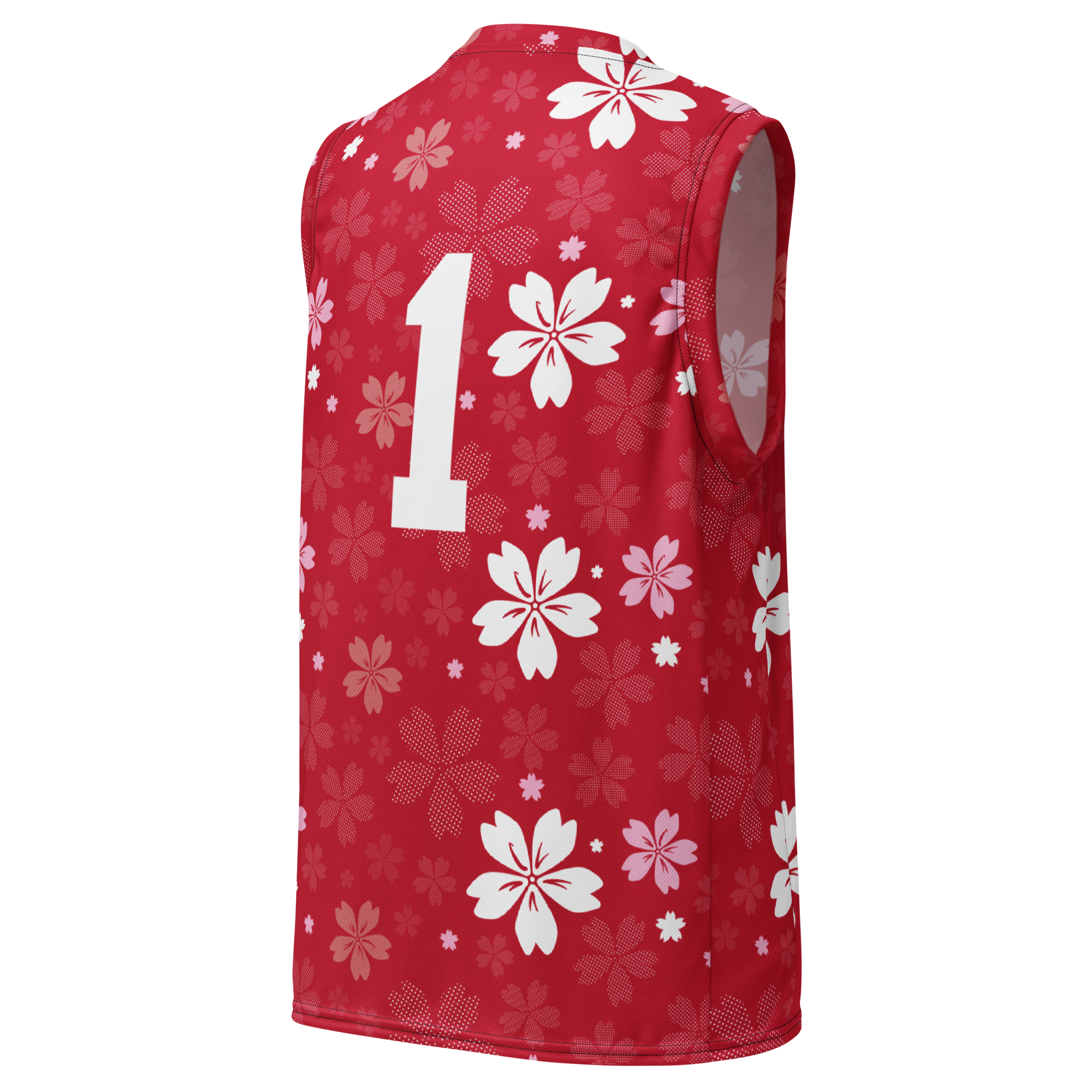



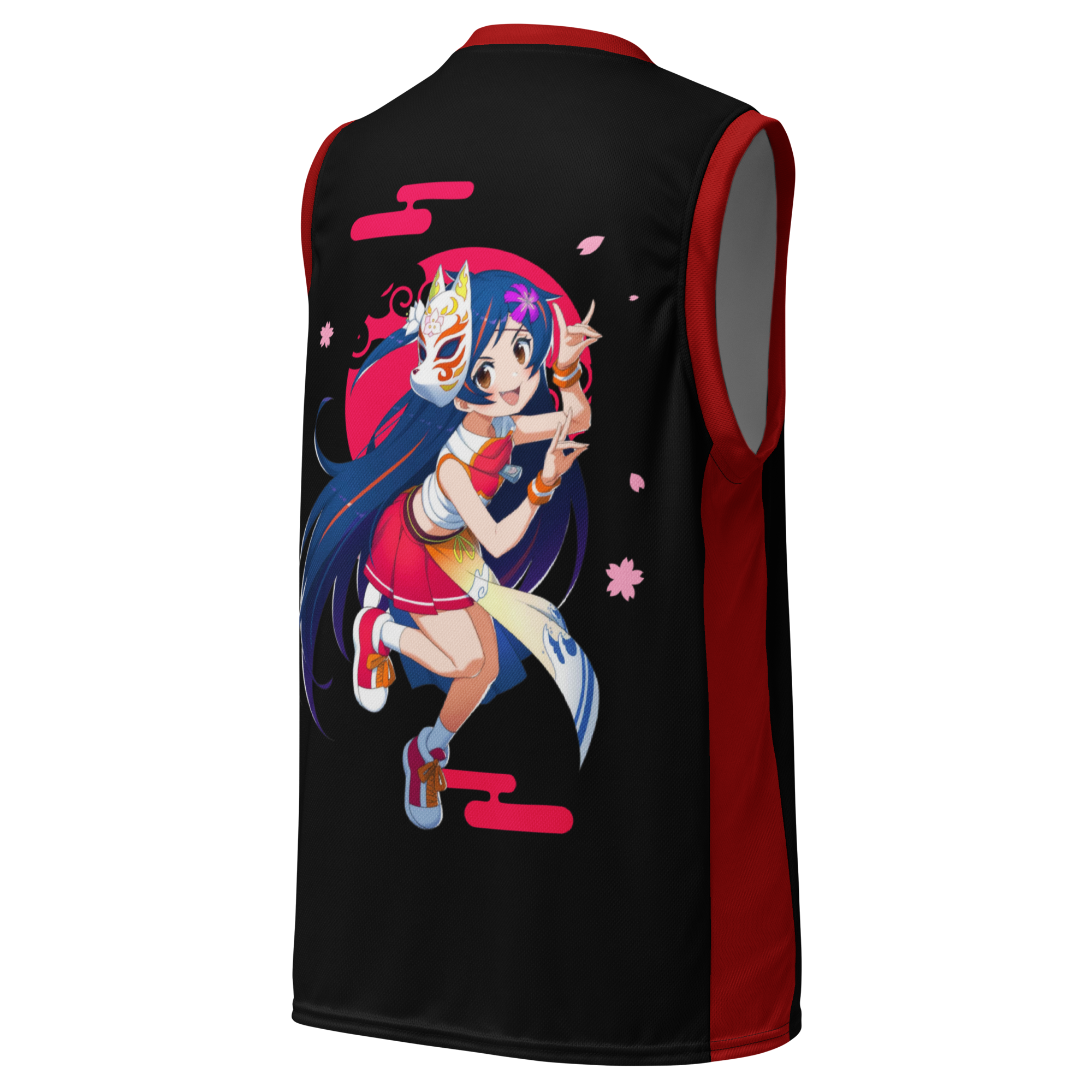





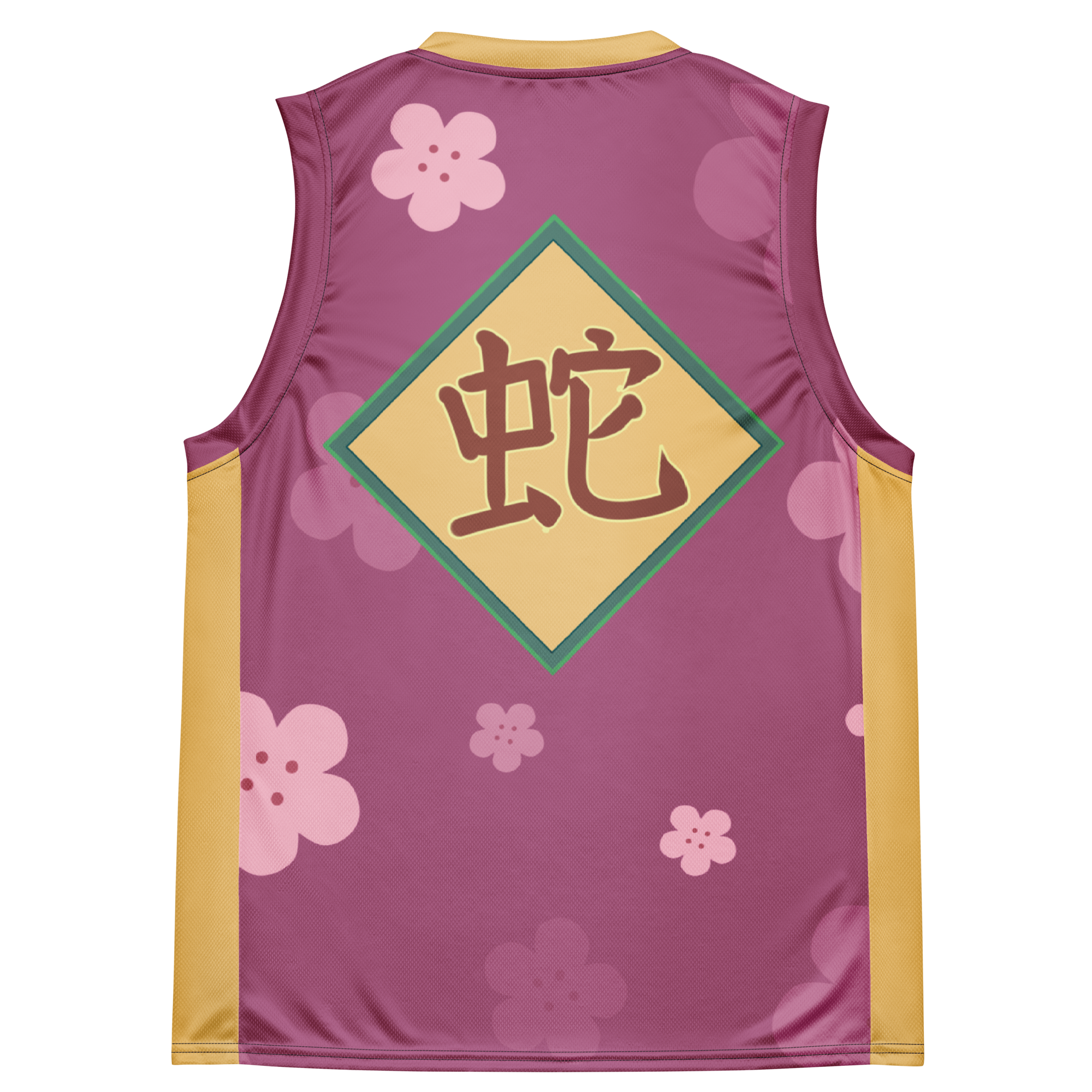

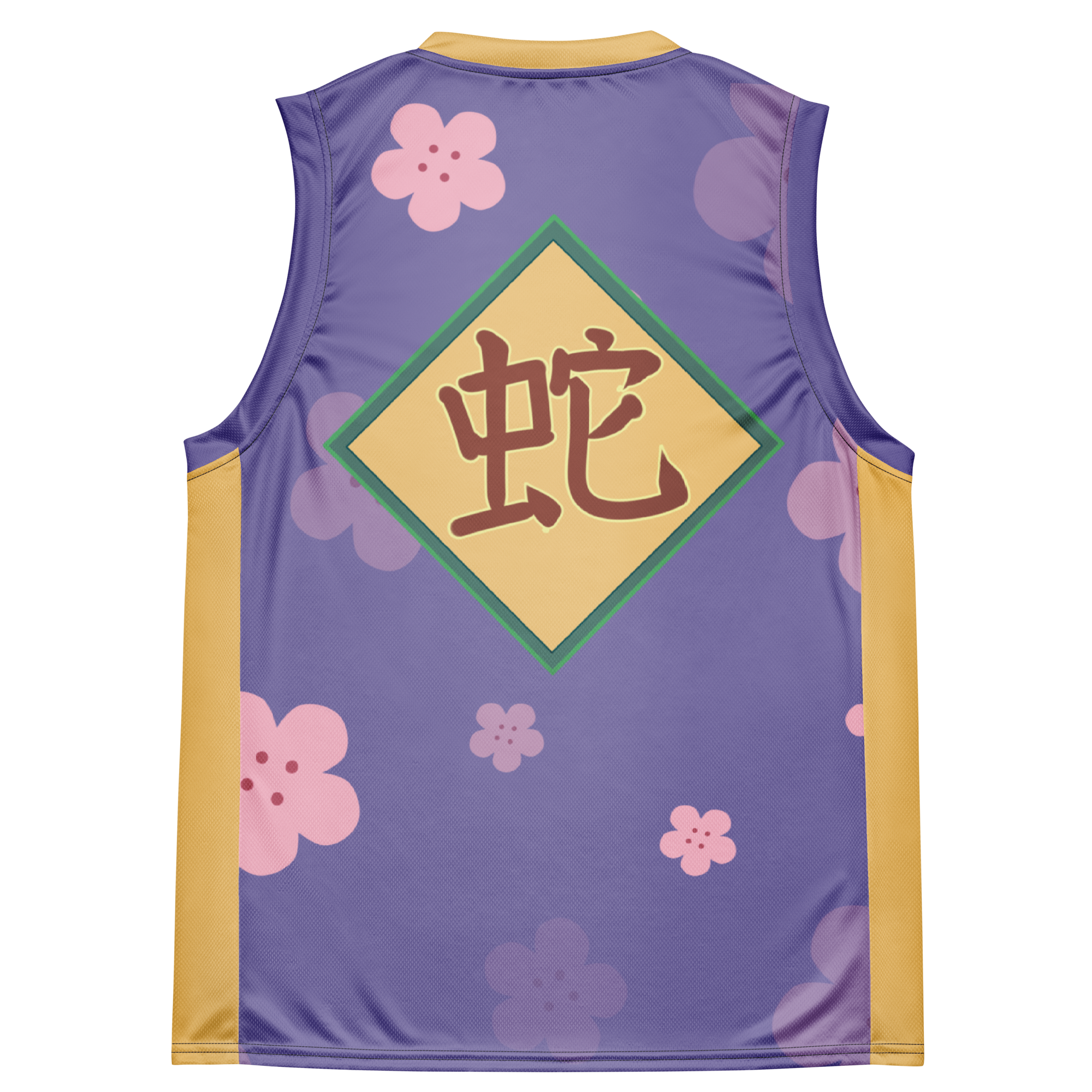

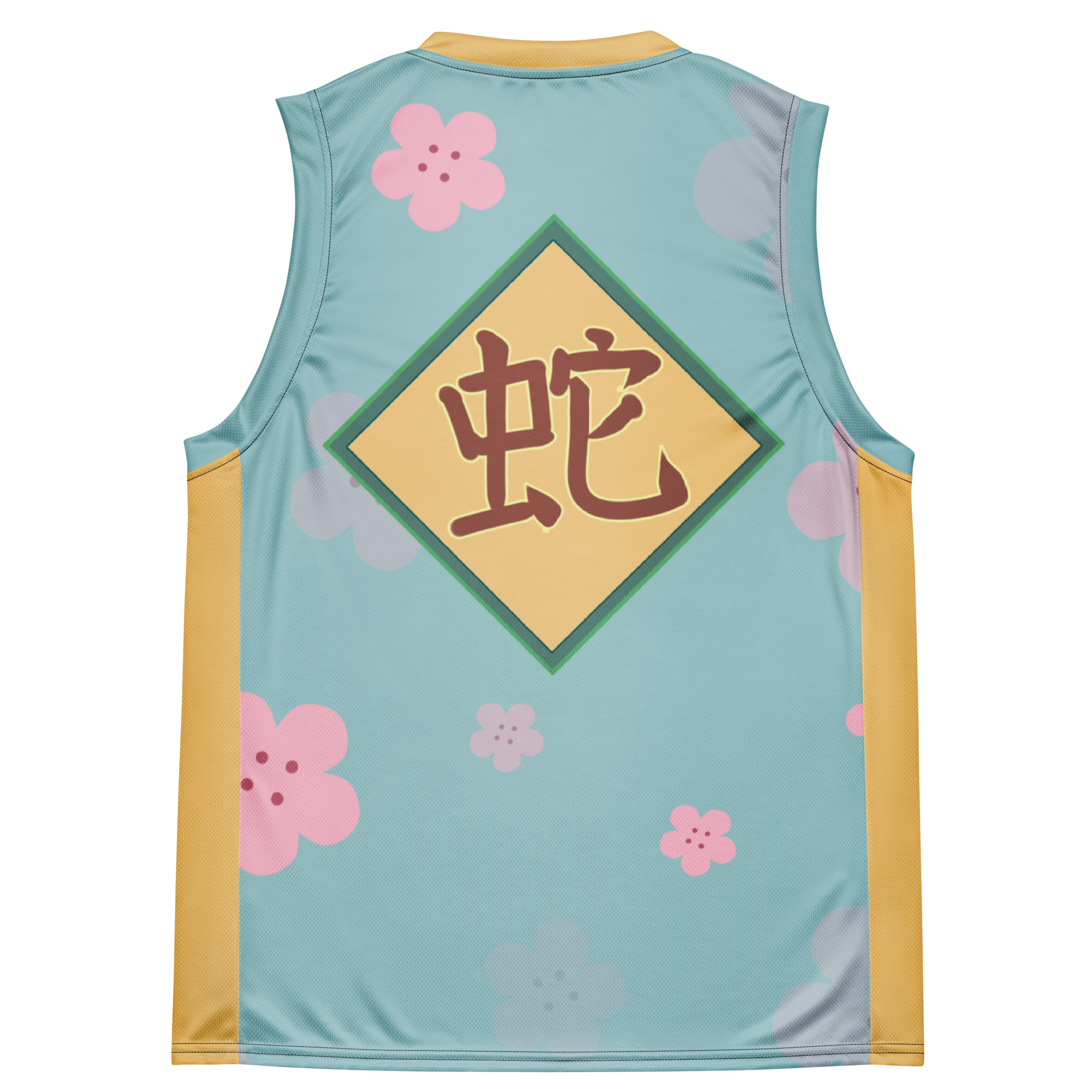












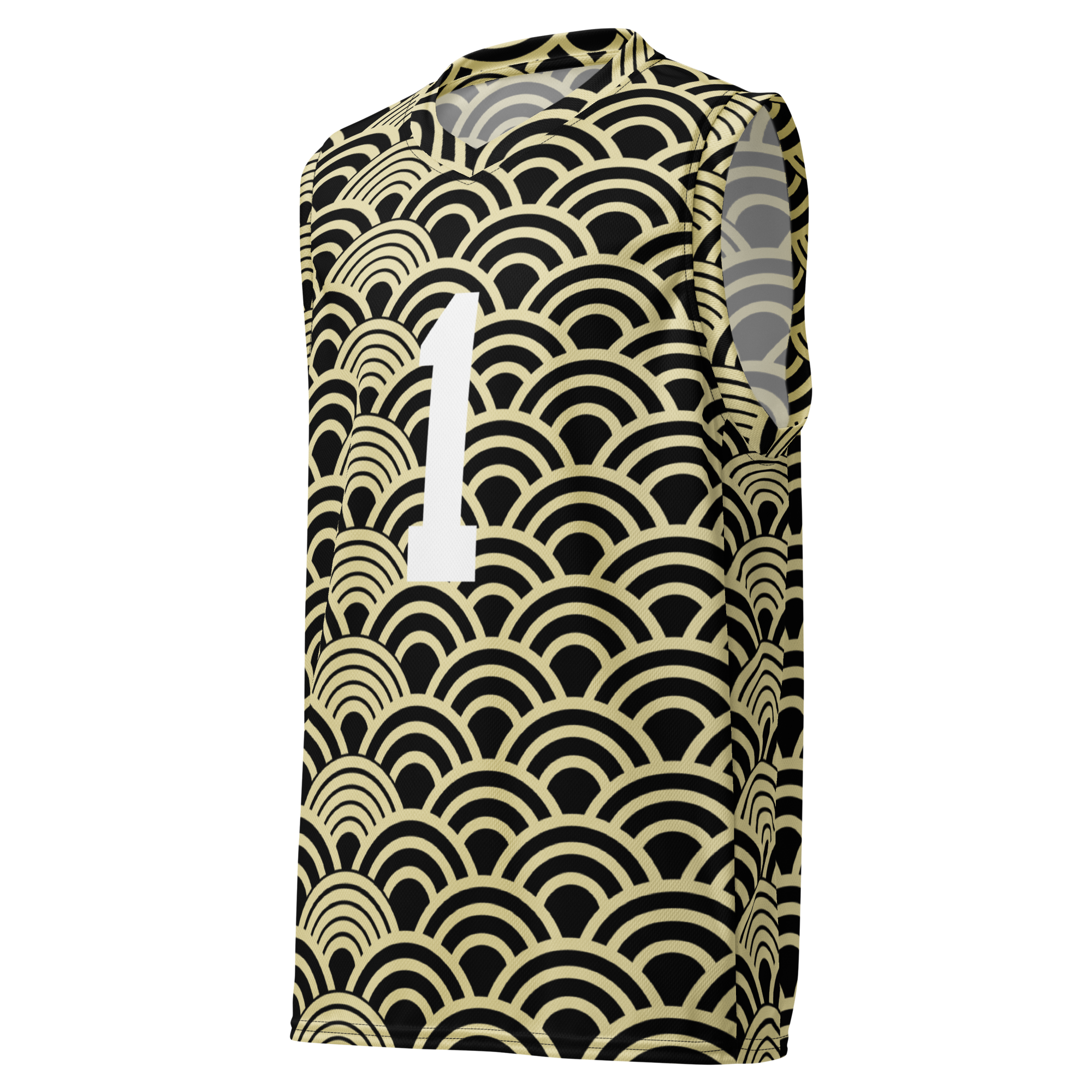
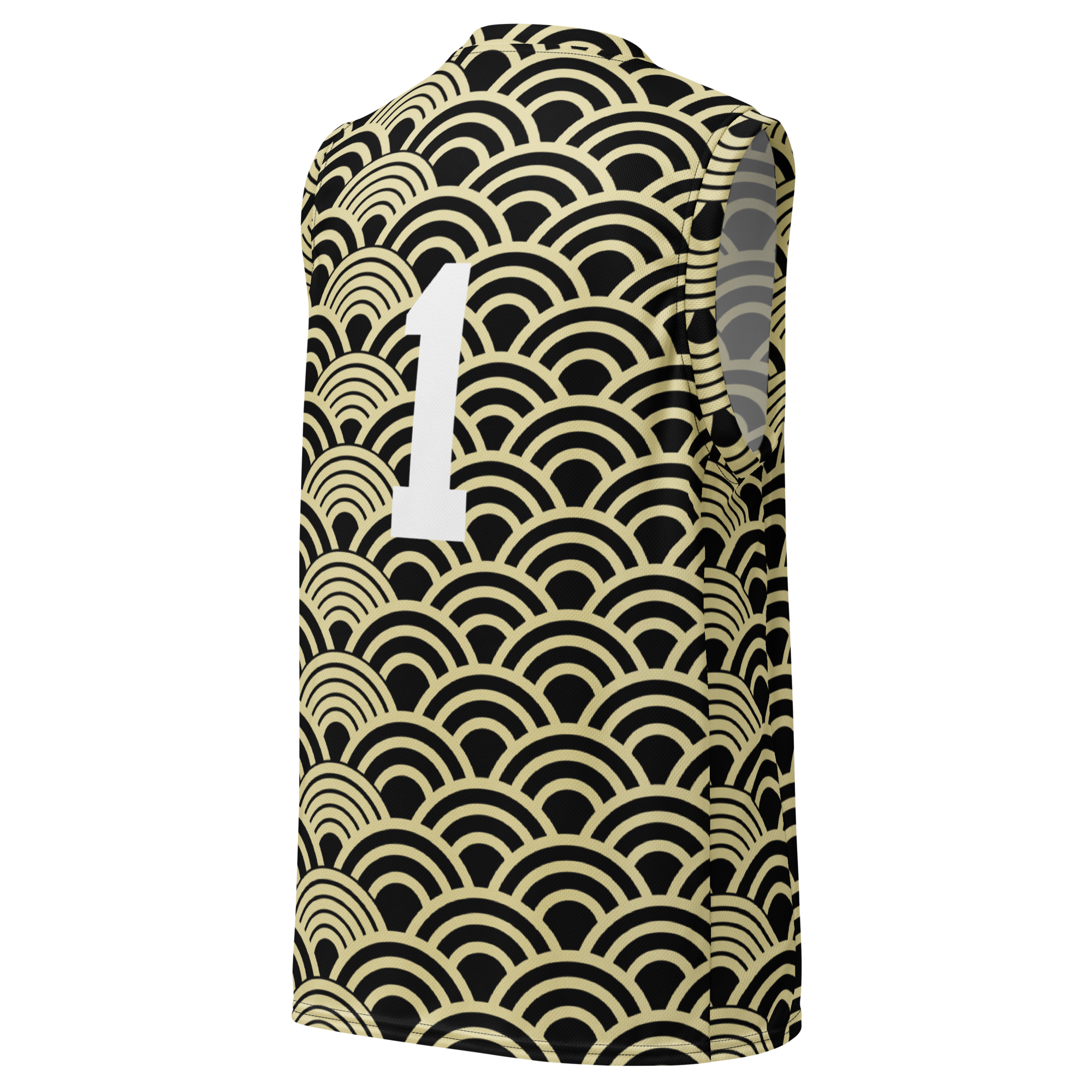
Leave a comment